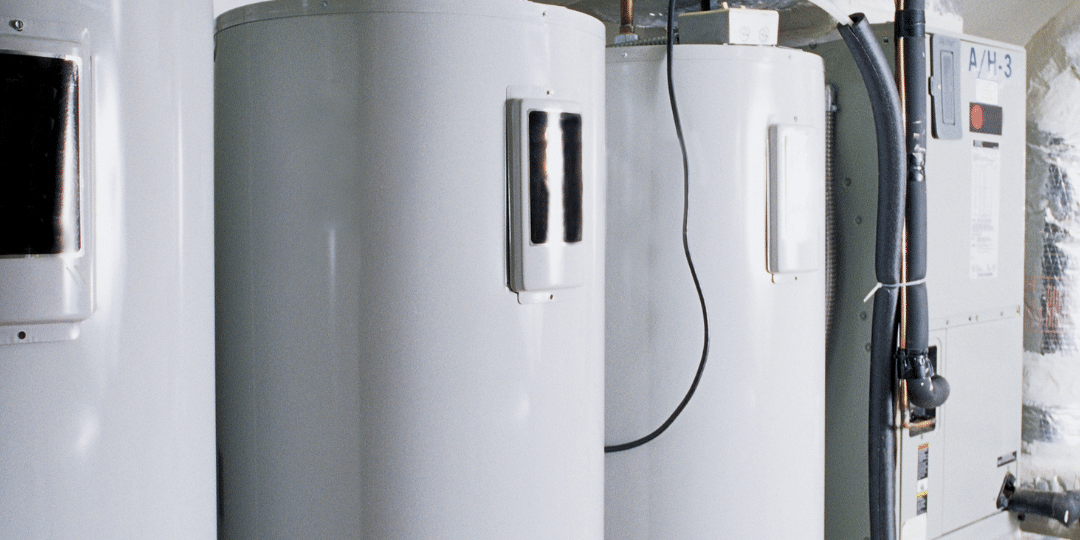Water heaters are essential to American homes, providing the hot water supply necessary for showers, washing dishes, and laundry. With various water heater types available today, choosing the right one can save you money, energy, and time. This guide explores the different kinds of water heaters and the factors to consider when selecting the best model for your home.
The Main Types of Water Heaters
- Storage Tank Water Heaters
Storage water heaters, also known as traditional tank water heaters, are the most popular type in American homes. These units feature an insulated storage tank that holds gallons of water, keeping it heated until needed.- Fuel Source: Available in electric, natural gas, and propane models.
- Advantages: Reliable hot water supply for high-demand households.
- Considerations: Susceptible to standby heat loss, where the heated water cools over time, requiring reheating.
- Tankless Water Heaters (Demand Water Heaters)
Tankless heaters provide water on demand by heating cold water as it flows through the system, eliminating the need for a storage tank.- Fuel Source: Gas burner or electric heating elements.
- Advantages: Compact units are ideal for limited space. They’re an energy-efficient option with reduced standby heat loss.
- Considerations: Higher upfront costs, and may require a larger unit or multiple tankless units to meet a home’s hot water demand.
- Heat Pump (Hybrid) Water Heaters
These efficient water heaters use a renewable energy source by extracting heat from the air and transferring it to water.- Fuel Source: Electric heat pump water system.
- Advantages: Significant cost savings and reduced greenhouse gas emissions, making them ideal for environmental impact-conscious households.
- Considerations: Perform best in warm climates and require adequate roof space or an uncooled area for installation.
- Solar Water Heating Systems
These systems use solar collectors to harness solar energy for heating water, making them an eco-friendly and efficient option.- Fuel Source: Solar energy with a backup energy source (often gas or electric).
- Advantages: Lower electric bills and tax credits for renewable energy use.
- Considerations: May not perform well in cold climates or during extended cloudy periods.
- Indirect Combination Water Heaters
These models use a home’s boiler or furnace to heat water, often combining water heating with space heating.- Fuel Source: Gas or oil-fired boiler systems.
- Advantages: Efficient for cold spaces with combined space heating needs.
- Considerations: Requires a functional boiler system to operate.
Factors to Consider When Choosing a Water Heater
- Energy Source and Fuel Type
- Consider the availability and cost of natural gas, electricity, or solar energy in your area.
- Gas water heaters often offer faster heating and lower operating costs compared to electric heaters.
- Hot Water Demand
- A tankless model is ideal for homes with low to moderate-demand water needs, while larger tanks or conventional storage water heaters are better for high-demand households.
- Climate
- Heat pump water heaters perform best in warm climates, while solar systems thrive in areas with adequate sunlight.
- Cost Savings vs. Upfront Costs
- Hybrid water heaters and tankless units offer long-term savings but come with higher initial expenses. Consider tax credits or rebates available for efficient models.
- Space and Installation Requirements
- Compact units like tankless heaters are suitable for limited space, while solar water heating systems may require adequate roof space for installation.
Proper Maintenance for Longevity
Regular maintenance is essential to ensure your water heater’s efficiency and lifespan.
-
Inspect the anode rod in traditional storage tank systems to prevent corrosion.
-
Check for buildup in the water heater tank to avoid damage over time.
-
Flush the system periodically to maintain proper water temperature and flow.
Which Water Heater is Right for You?
Selecting the right water heater depends on your home’s needs:
-
For households with high hot water demand, a storage water heater with an insulated tank or a larger tank may be best.
-
If energy efficiency and environmental impact are priorities, consider solar water heating systems or a heat pump water heater.
-
For homes with limited space, a tankless model offers an efficient option with a continuous supply of heated water.
Expert Water Heater Services in Denver, CO
Choosing and maintaining the right water heater can be overwhelming, but Defense Plumbing is here to help. Our expert technicians specialize in water heater repairs, installation, and replacement. Whether you’re considering a traditional water heater, tankless unit, or hybrid water heater, we ensure a seamless experience tailored to your needs.
Call Defense Plumbing today at (303) 842-4799 for reliable water heater services, and enjoy the comfort of warm water year-round!








